Transition from aluminum to copper
alan_s_thefirst
11 years ago
Related Stories
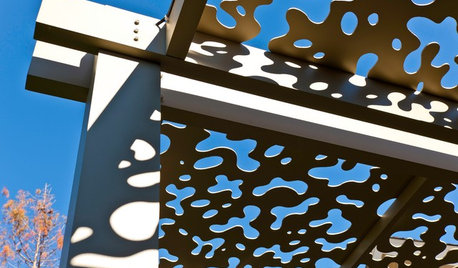
PATIOSPatio Details: A Custom Aluminum Arbor Cools Things Down in Texas
Panels in the roof have leaf pattern cutouts that create dappled shade and a calm, relaxed ambience
Full Story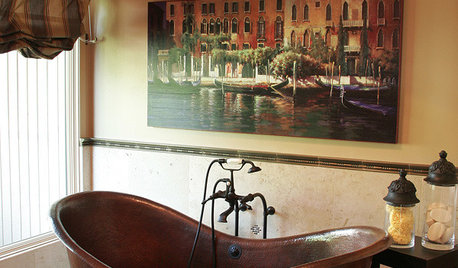
DECORATING GUIDESA Periodic Table of Design Elements
Add Panache With Copper, Tin, Aluminum and More
Full Story
CURB APPEALModern Materials: Copper, Architecture's Natural Beauty
The rich patina is just the beginning — copper for home exteriors is strong, shapable and highly recyclable
Full Story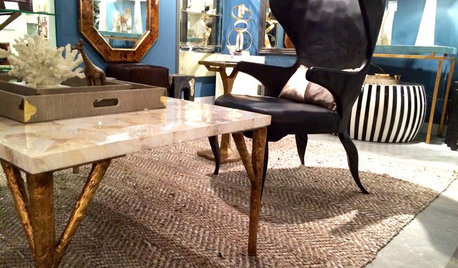
DECORATING GUIDESTop Design Trends From the Winter 2015 Las Vegas Market
Interior designer Shannon Ggem is tracking finishes, motifs and design combinations at the 2015 show
Full Story
KITCHEN DESIGN14 Indie Kitchen Designs That Stand Out From the Pack
Bored with white, cream and 50 shades of gray? Break out of the box with a daring kitchen that highlights your own style
Full Story
KITCHEN DESIGN16 Practical Ideas to Borrow From Professional Kitchens
Restaurant kitchens are designed to function efficiently and safely. Why not adopt some of their tricks in your own home?
Full Story
WHITE KITCHENS4 Dreamy White-and-Wood Kitchens to Learn From
White too bright in your kitchen? Introduce wood beams, countertops, furniture and more
Full Story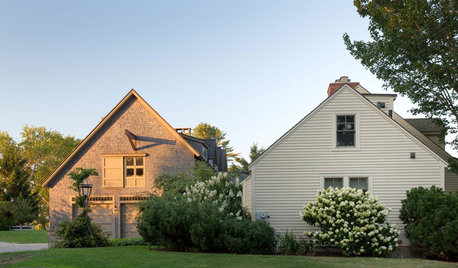
HOUZZ TOURSHouzz Tour: From Summer Cottage to Full-Time Home
A retired NHL player and his family expand their former vacation home with a big addition and an interesting side-by-side design
Full Story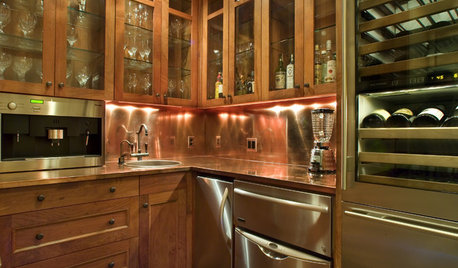
METALCopper, the Dynamic Topper
Time changes copper’s appearance on walls, fireplaces and more, but your love of its look may spring eternal
Full Story
KITCHEN DESIGNKitchen Sinks: Antibacterial Copper Gives Kitchens a Gleam
If you want a classic sink material that rejects bacteria, babies your dishes and develops a patina, copper is for you
Full StoryMore Discussions


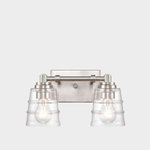



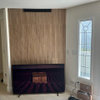
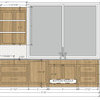
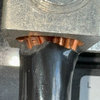
alan_s_thefirstOriginal Author
alan_s_thefirstOriginal Author
Related Professionals
Great Falls General Contractors · Hermitage General Contractors · Monroe General Contractors · Mountlake Terrace General Contractors · New Baltimore General Contractors · Pine Hills General Contractors · Vermillion General Contractors · Chatsworth Solar Energy Systems · East Brunswick Solar Energy Systems · Alexandria Home Automation & Home Media · Beverly Hills Home Automation & Home Media · Chicago Home Automation & Home Media · Natick Home Automation & Home Media · Philadelphia Home Automation & Home Media · St. Louis Home Automation & Home Mediaglennsparky
glennsparky
w0lley32
alan_s_thefirstOriginal Author
Ron Natalie
Ron Natalie
brickeyee